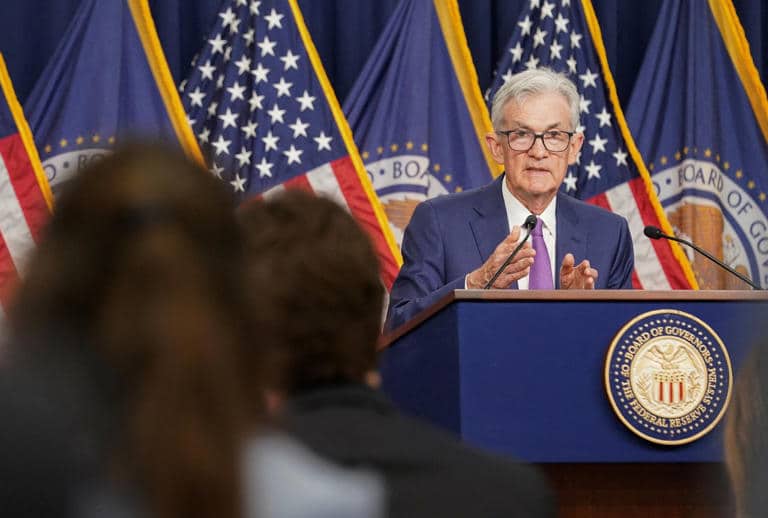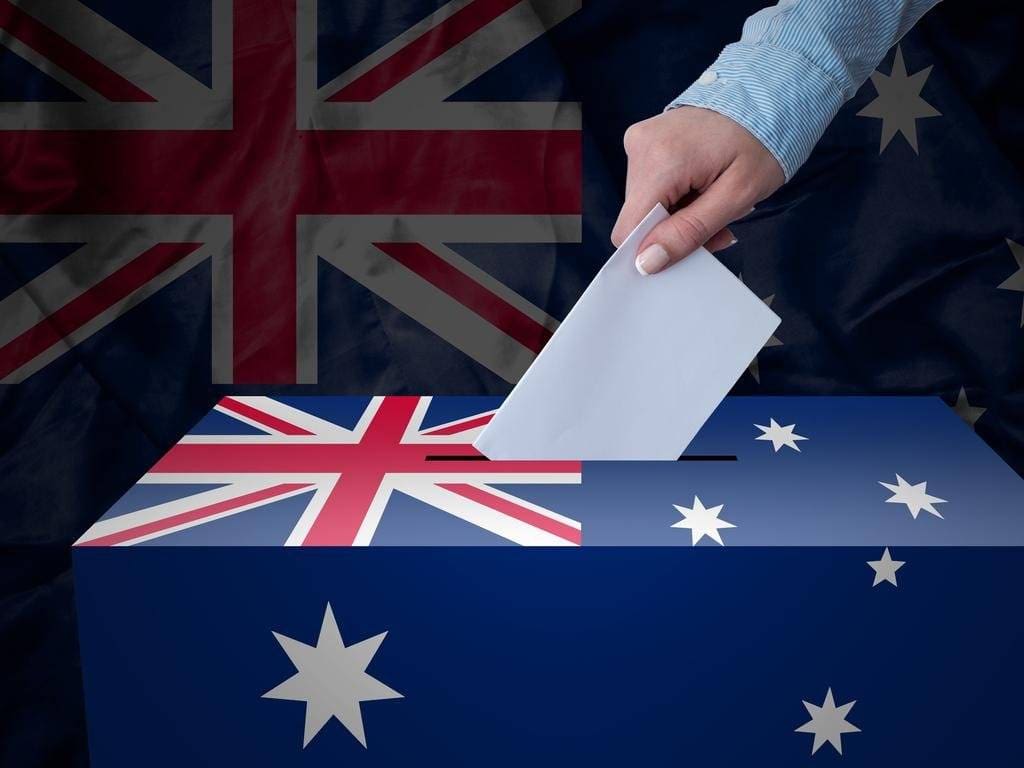On Wednesday, May 29, 2024, in Los Angeles, an OpenAI logo is displayed. Legislators in California have put out several artificial intelligence ideas that aim to prevent electoral and pornographic deepfakes, safeguard jobs, foster public trust, and combat algorithmic discrimination.
California’s Sacramento (AP)
Legislators in California are trying to eliminate deepfakes involving elections or pornography, combat algorithmic discrimination, and foster public trust as firms integrate artificial intelligence technologies more and more into Americans’ daily lives.
The initiatives in California, which is home to many of the largest AI companies in the world, may open the door for national AI rules. Legislators and academics claim that the United States is already lagging behind Europe in regulating AI to reduce hazards, and the quickly developing technology is causing people to worry about bias in automation, job loss, misinformation, and privacy breaches.
Numerous bills intended to allay those worries were moved forward last week, but they still need to be approved by the other chamber in order to reach Governor Gavin Newsom’s desk.
While his administration considers new regulations against AI discrimination in hiring practices, the Democratic governor has positioned California as both an early adopter and a regulator, stating that the state could soon deploy generative AI tools to address highway congestion, make roads safer, and provide tax guidance.
Tatiana Rice, deputy director of the Future of Privacy Forum, a nonprofit that collaborates with legislators on technology and privacy proposals, stated that California is in a better position to implement significant regulations than other states with significant AI interests, like New York, because the state already has strong privacy laws in place.
Rice stated, “To be able to pass an AI law, you need a data privacy law.” “We’re keeping an eye on what New York is doing, but I think California is a better bet.”
Legislators from California declared they were eager to take action after learning painful lessons from the failure to hold social media firms accountable when they had the opportunity. However, they also hope to keep luring AI firms to the state.
Here’s a closer look at California’s proposals:
BURNING PUBLIC TRUST AND ENDING AI DISCRIMINATION
As per US NEWS – Millions of Americans’ housing, employment, and healthcare choices are already determined by some businesses, including hospitals, employing AI models with little to no oversight. According to the U.S. Equal Employment Opportunity Commission, up to 83% of businesses are utilizing AI to assist in hiring. Much of the workings of those algorithms are yet unknown.
In order to minimize bias and discrimination, one of California’s most ambitious AI initiatives this year would create an oversight structure, thereby pulling back the curtain on these models.
Businesses that employ AI tools would have to notify those impacted by AI use and take part in decision-making processes that decide outcomes.
AI programmers would have to regularly check their models internally for bias. Additionally, the state attorney general would have the power to look into allegations of discriminatory modelling and to fine violators up to $10,000.
Additionally, AI businesses may soon have to start revealing the data they use to train their algorithms.
GUARDING WORK AND LIKENESS
A California legislator wants to prevent workers from being replaced by their AI-generated clones, which is a key bone of friction in contract negotiations. The legislator was inspired by the lengthy strike by Hollywood actors last year.
The California Labor Federation supports the plan, which would allow actors to withdraw from current contracts if ambiguous language permits studios to freely use artificial intelligence (AI) to create digital clones of their voices and likenesses.
In addition, new “voice and likeness” contracts would have to be signed by artists under the legal representation of a lawyer or union representative.
California may also create penalties for digitally cloning dead people without the consent of their estate, citing the case of a media company that produced a fake, AI-generated hourlong comedy special to recreate the late comedian George Carlin’s style and material without his estate’s permission.
REGULATING POWERFUL GENERATIVE AI SYSTEMS
Real-world concerns exist as generative AI generates new content such as text, music, and photographs in response to suggestions.
So lawmakers are considering imposing safeguards around “extremely large” AI systems that have the ability to spit out instructions for causing disasters — such as manufacturing chemical weapons or assisting in cyberattacks — that might cost at least $500 million in damages. Such devices would need to include a built-in “kill switch,” among other things.
The bill, which is supported by some of the most well-known AI researchers, would also establish a new governmental body to oversee developers and advise best practices, including for even more powerful models that do not yet exist.
The state attorney general also would be able to pursue legal actions in case of violations.
BANNING DEEP FAKES RELATED TO POLITICS OR PORNOGRAPHY
A bipartisan coalition wants to help prosecute people who use AI algorithms to make images of child sexual abuse.
Current law does not allow district attorneys to pursue persons who possess or share AI-generated child sexual abuse photographs if the images do not portray a real person, police said.
A number of Democratic lawmakers are also supporting a bill to combat electoral deepfakes, noting fears that AI-generated robocalls resembled President Joe Biden’s voice ahead of the recent New Hampshire presidential primary.
The idea would prohibit “materially deceptive” deepfakes about elections in political mailers, robocalls, and television advertising 120 days before Election Day and 60 days afterwards. Another idea calls for social media providers to label any election-related posts created by AI.
Read more
Stock Market Today: Dow Leads Stock Slide as Rising Treasury Yields Rattle Nerves
Source
Yahoo finance








